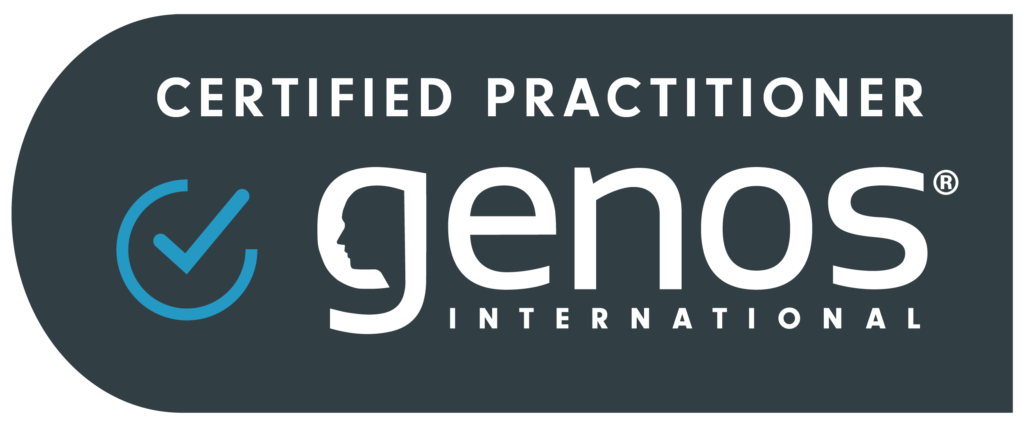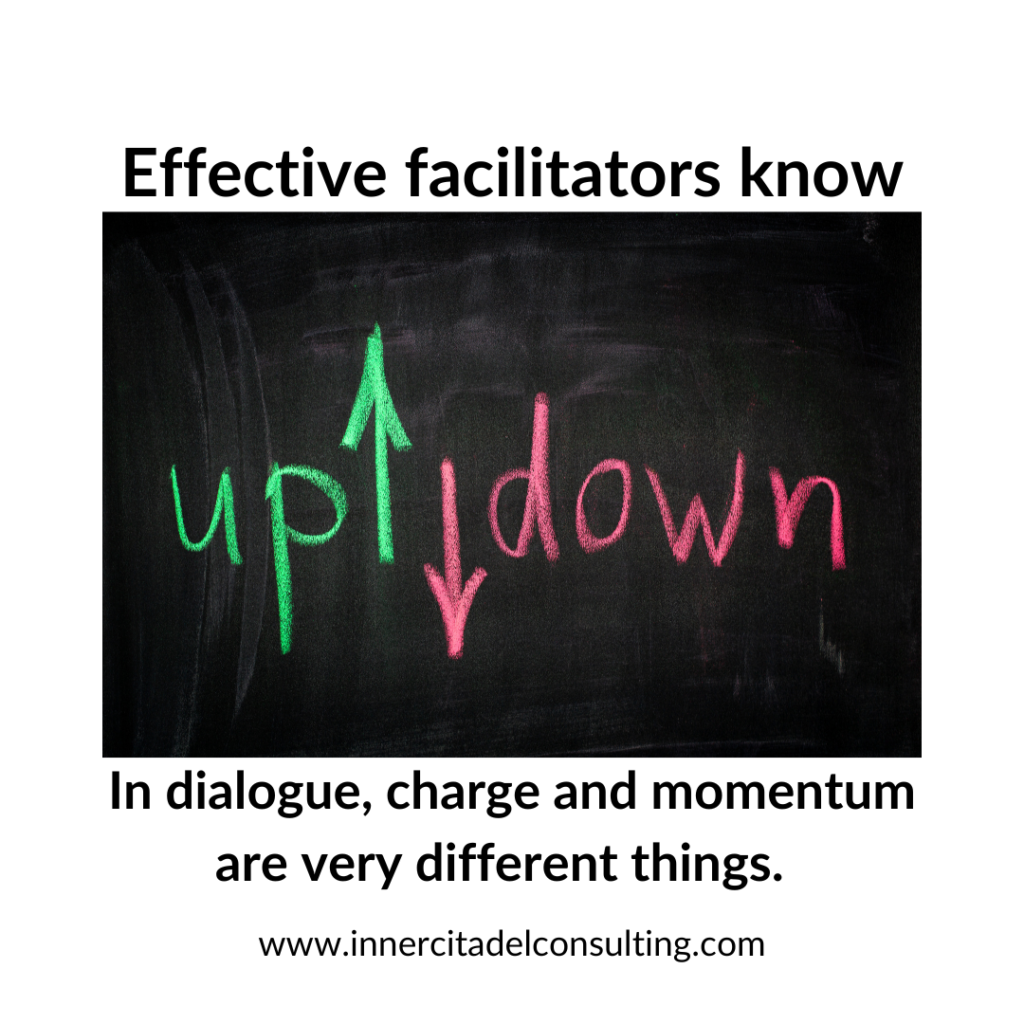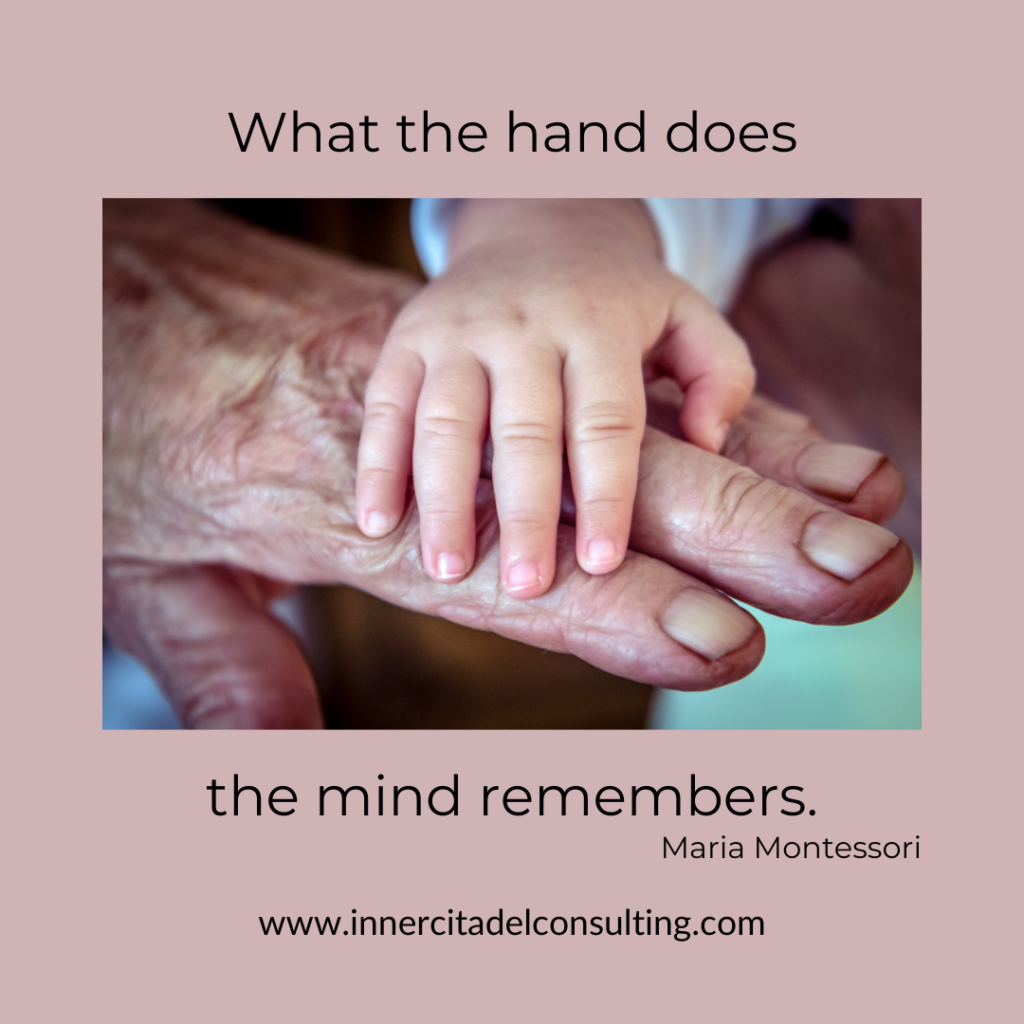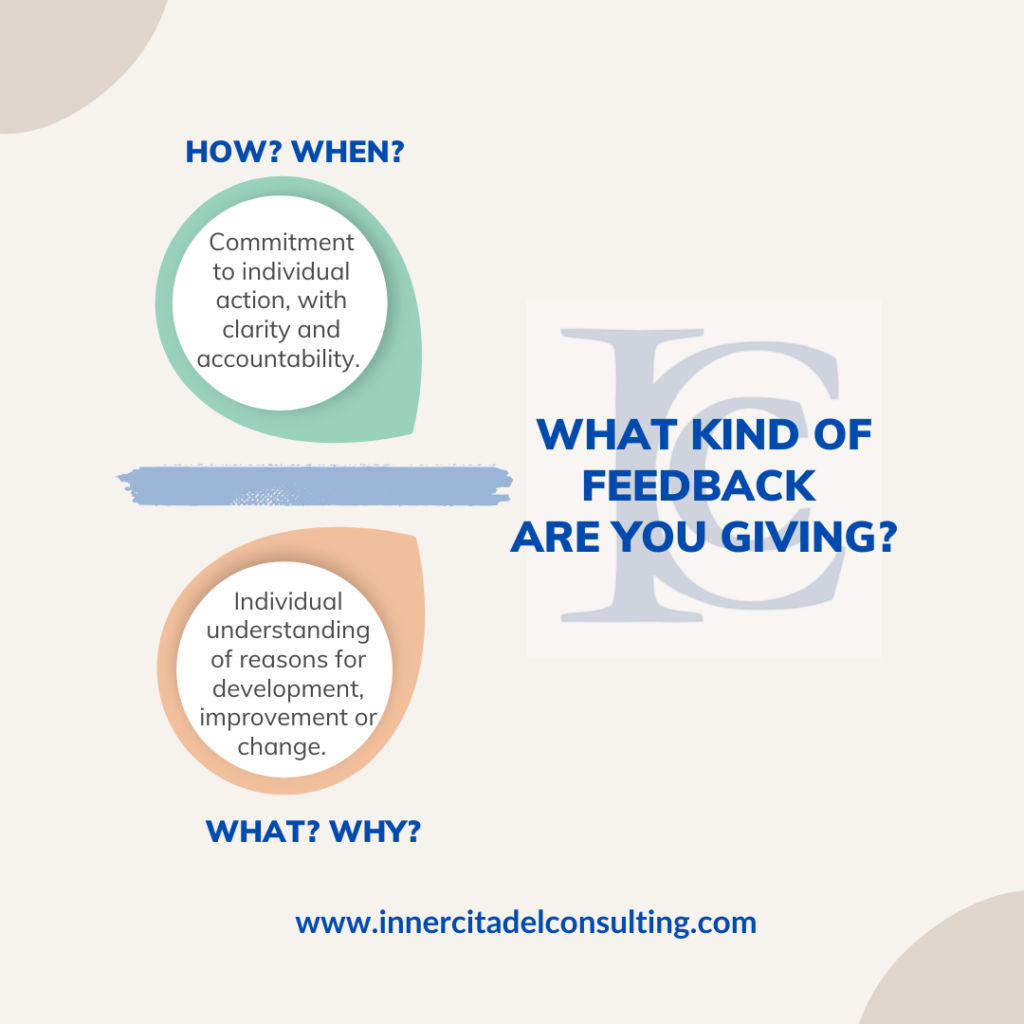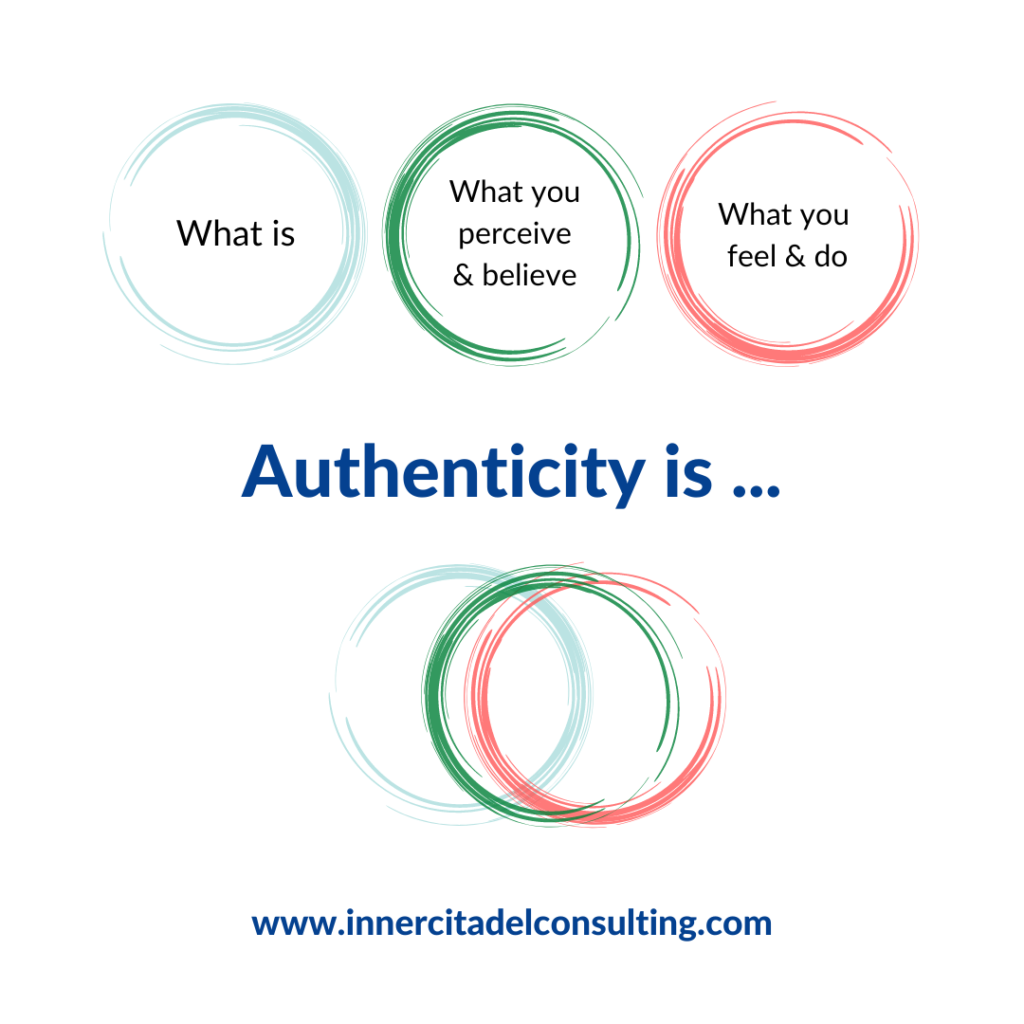I once asked one of my teachers how I could be more disciplined about getting up a 4am to practice and work out. He said, “Feet on floor – don’t talk to yourself.” Simple, not easy. The internal dialogue might instead be, “I’m tired”, “I didn’t sleep well”, “Just five more minutes”…
The Explanations we give ourselves
Just like first thing in the morning, the most important conversations we have in the work day are with ourselves… If you were to take five minutes over coffee and try to think back on your “internal dialogue” (the story you create to interpret events and feelings), what would you discover?

The idea of an internal dialogue is hard to grasp. Essentially, human beings are constantly “discussing” things with themselves to make sense of our experiences. It’s most obvious in those bad moments, self-criticism, etc. But it happens all the time – it’s how we make sense of the world. That self-talk is sometimes conscious – we are aware of actual thoughts-with-words running through our minds. Very often that self-talk takes the form of unconscious bias and in-built beliefs that we can become aware of with attention, patience, and time. There are so many ways in which our internal dialogue affects our interactions with other people and our experience of events. Even a small change to our thinking can promote optimism, decrease stress hormones, and increase general well-being!
Martin Seligman and Positive Pscyhology
Martin Seligman is one of the pioneers of the positive psychology movement. What I love about Seligman’s work is that (sort of like the Stoics, but for different reasons) he acknowledges that what comes to us is not really in our control, but that what happens within us – the internal dialogue – can be in our control.
Notice yourself today
So, spend a little time today noticing your internal dialogue. Is it “She will never change”, “This meeting is going to suck”, “I suck at this”? … Your chance to change the conversation and shift your sense-making (explanations). How we understand, reflect on, and make sense of our experiences is fundamental to our growth and health.
“Feet on the floor – don’t talk to yourself.” When your internal dialogue is getting in the way, get out of your own way. That much is up to you.


